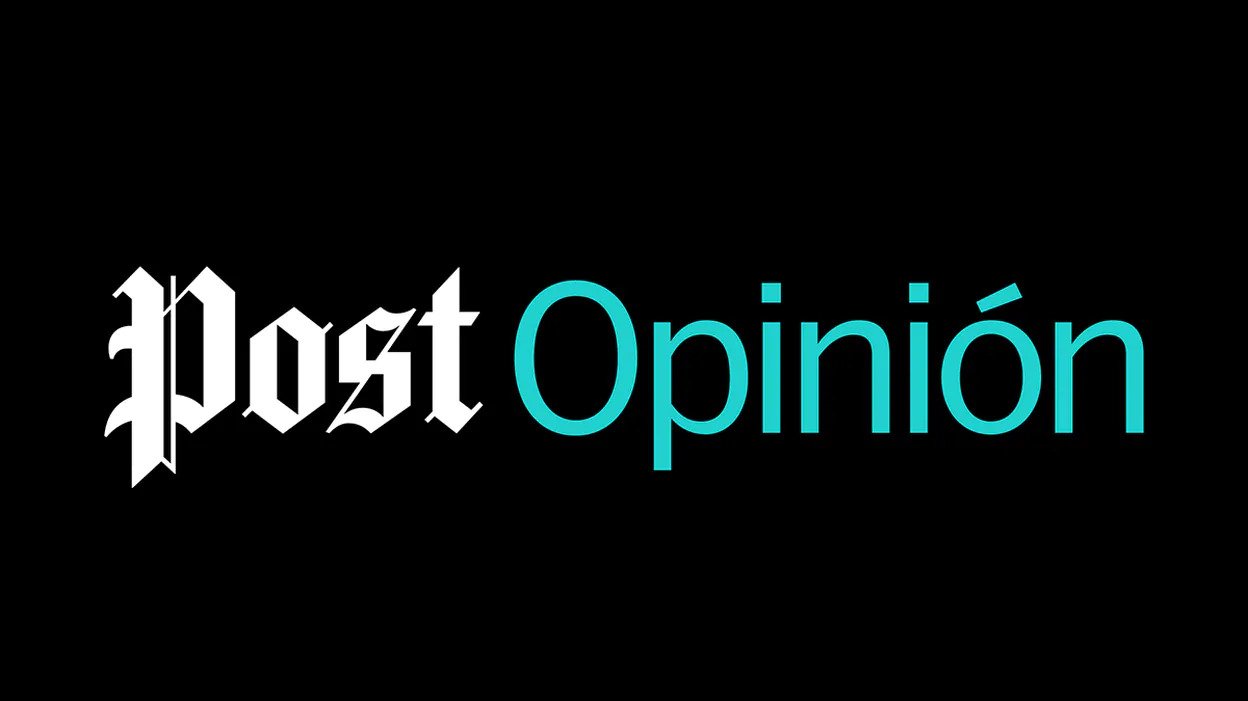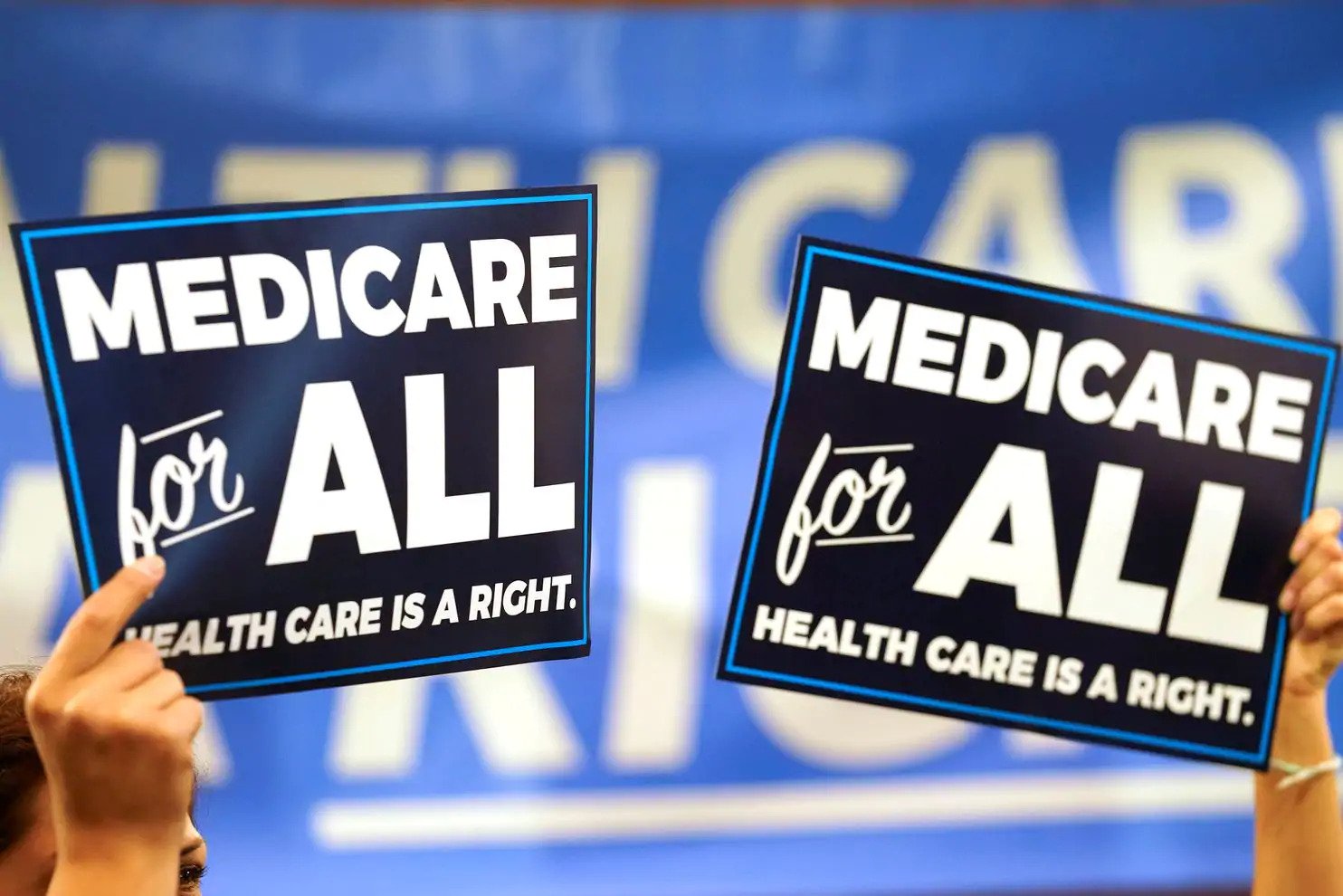Imagine a world where primary school attendance was limited to children who were offered a parent whose work, or whose union they negotiated. While this scenario is absurd, it is the policy we accepted for use for health care. And during this Democratic presidential primary, it has its own role as a weapon against the push for unions, whose primary purpose is to help workers collectively gain access to better pay and benefits. Negotiations have been troubling to use health plans universal health care – and to see candidates contorting themselves in response New.
The decision to link healthcare to employment, rather than having universal health insurance through the government, has its origins in specific anti-inflationary policies enacted in World War II. An executive order froze salaries, and employers, with the support of unions, used health insurance benefits as a way to increase total compensation and attract workers without running afoul of the law. Unions have since bargained for health insurance and used their success in obtaining high-quality health care for their members as a measure of the overall benefits of union membership and representation.

But the desire to keep health care at the bargaining table is ultimately short-sighted and defensive. If unions are to survive and grow in the long run, they need to emphasize a voice at work, dignity and macroeconomic benefits at work, not narrow gains. If workers join or support unions to obtain a specific interest, this support is unlikely to be permanent. Indeed, many employers offer better health insurance to prevent their employees from getting organized, shutting down efforts that may shake their workplaces more broadly in favour of employees.
An excessive amount of time and energy is spent bargaining on health insurance. In the recent flood of strikes, from West Virginia teachers to stop and shop grocery employees, the rising cost of health insurance has been an important issue, forcing workers to walk away from work to protect their benefits.
Without having to deal on health care, unions could focus on higher wages, safer workplaces and more secure retirement plans, measuring their success in total compensation, not a single narrow gain. In recent years, many unions have traded lower retirement contributions and more modest wage benefits for their health insurance plans, as health care costs have steadily increased. With single-payer health care, employers, workers and taxpayers will all ultimately save money, increasing the amount of money available to workers in their wages and retirement benefits.
Health care has become not only a logical trap for unions but also a political one, encouraging organizations to focus on the interests of their members rather than the transformation of the economy at large.
The recent joy among unions in the House votes to repeal the “Cadillac Tax” of the Affordable Care Act is a belief born out of fear, exposing both that the “Cadillac Plan” is a luxury good and that Workers and high paid professionals have earned the union, but not by others. But if universal, comprehensive, high-quality health care resembles these “Cadillac” plans, with little to no copays and premiums, and with broad access to care, workers in all sectors must be able to meet other There will be more considerable latitude to pressurize employers. Or, to thwart the work that offered more generous salaries and benefits.
The same dynamic emerged in the second Democratic debate this summer when Rep. Tim Ryan (D-Ohio) and former Rep. John Delaney (D-MD) tried to enforce the union’s interests to attack Sen. Bernie Sanders’ health care proposal. But even as they did so, they acknowledged that health care costs workers bargained over other victories at the bargaining table: Ryan said that Sanders’ plan was “to union members who have given away wages so good To get health care that they are going to lose will tell their health care because come to Washington and tell them that they have found a better plan. Yes. Sanders later changed his plan to make it possible to negotiate the benefits of manipulation under the supervision of the National Labor Relations Board. And former vice presidents Joe Biden Ryan and Delaney have joined the pile, intensifying the party’s division on health care.
Unions and working people should adopt an “I’ve got mine” approach instead of supporting universal health care. Solidarity requires that all people deserve dignity at work, reasonable pay and access to high-quality social support – none of which should be limited to union members only. Working people should have the vision and imagination to understand that improving the lives and health of all workers is a universal good and creates an opportunity to negotiate for other necessary reforms at the bargaining table, from high wages to dignity to workers And their communities.
Get the best of The Thus delivered to your inbox – subscribe to The Thus Newsletters. For the latest Health News and Updates follow The Thus on Facebook, Twitter, Instagram, and Pinterest and stay in the know with what’s happening in the world around you – in real-time.





















































Discussion about this post